Discovering myself in London
August 14, 2025

I had the wonderful opportunity to participate in the Student Exchange Programme (SEP) at King’s College London (KCL), United Kingdom last semester.
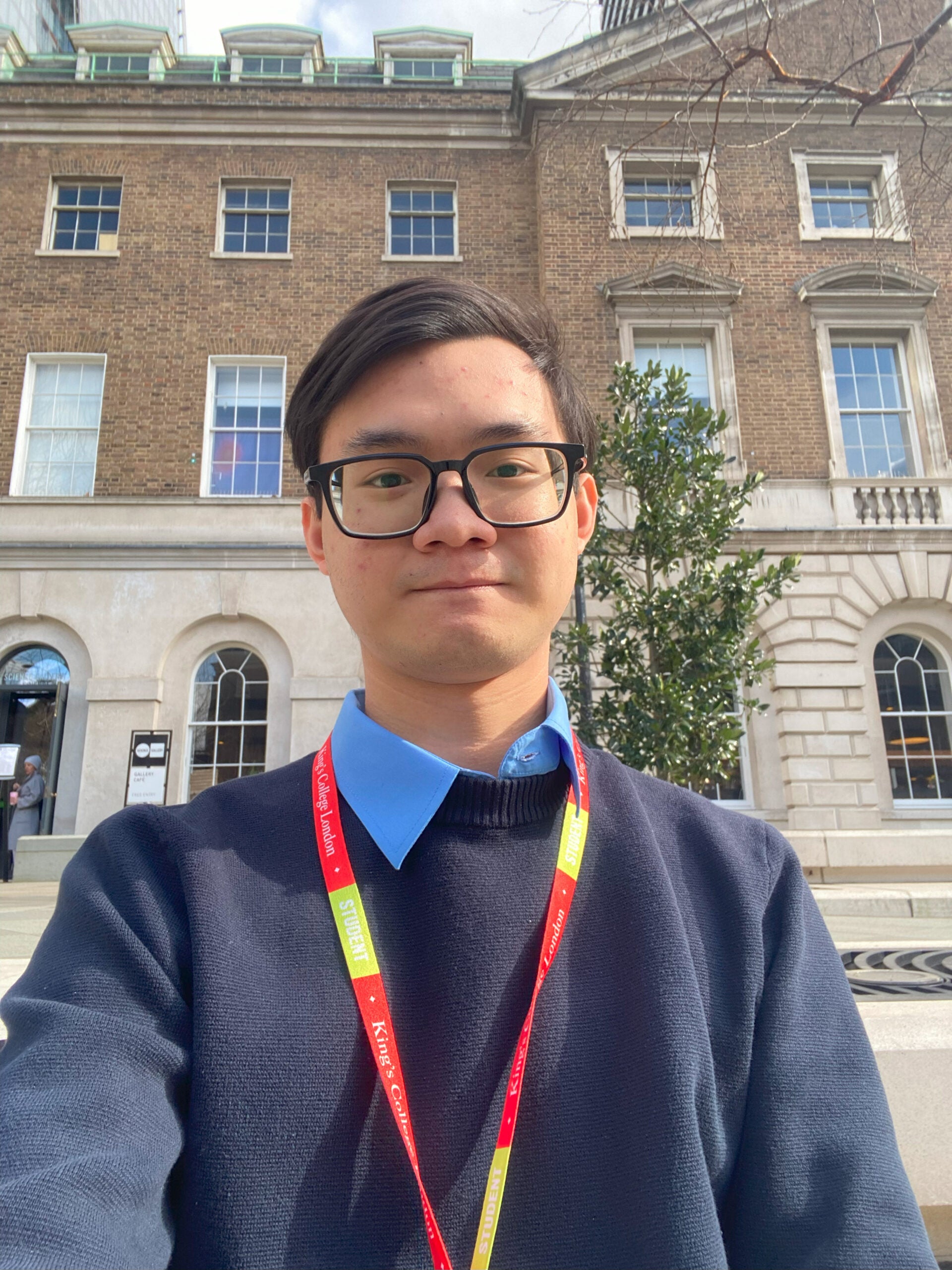
During the five-month programme, I took courses across different departments at KCL. These experiences reinforced my belief in the importance of interdisciplinary education. Even though KCL has not started to practice interdisciplinary education at a university level, there is nevertheless an acknowledgement of the need for scientists from different sub-fields in biology to work together to understand diseases.

In one class on Alzheimer’s, the lecturers highlighted the importance of collaboration between biochemists, immunologists and pathologists to study the pathogenesis of the disease. Besides glutamatergic system dysregulation, oxidative stress and tau and amyloid β protein aggregation, there has been a recent focus on the role of inflammation and autoimmunity in causing neuronal cell death in Alzheimer’s.
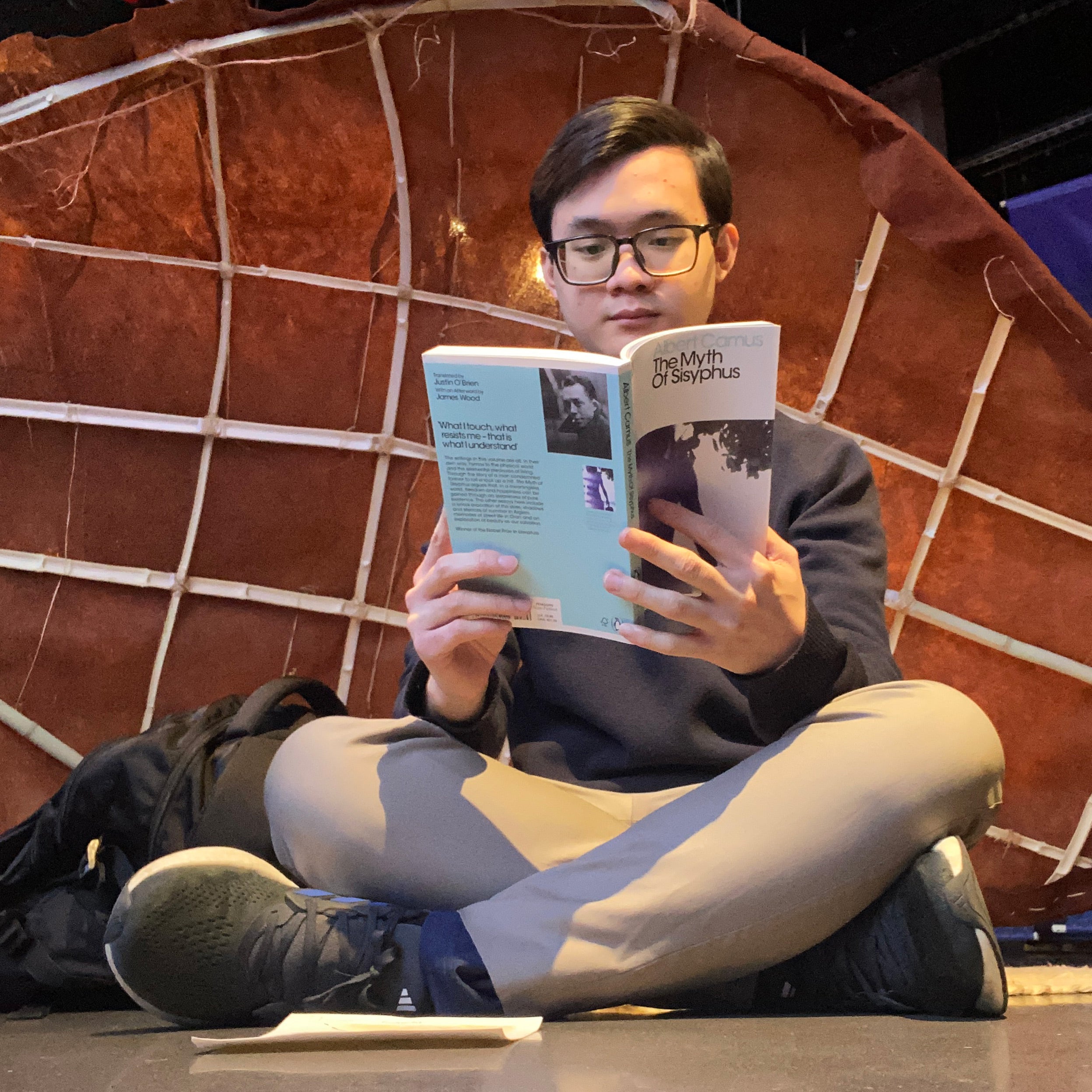
Apart from the cross-collaboration between different sub-fields of biology, I believe a cross-collaboration between different fields will prove beneficial to the progress of a student in understanding the concept thoroughly. In one epistemology class, a discussion on the demerits of Karl Popper’s falsification of confirmation bias was halted because some students commented that they could not provide an opinion because they were not well-versed in the study of physics. It was discouraging to see a heated discussion abandoned by bright minds for a reason that could have been avoided.

As an NUS College (NUSC) student, I am often faced with the question of the practical benefits of pursuing an interdisciplinary education and I sometimes doubt my own reasoning. But I would like to pose the question in another way – is a non-interdisciplinary education a more feasible alternative?
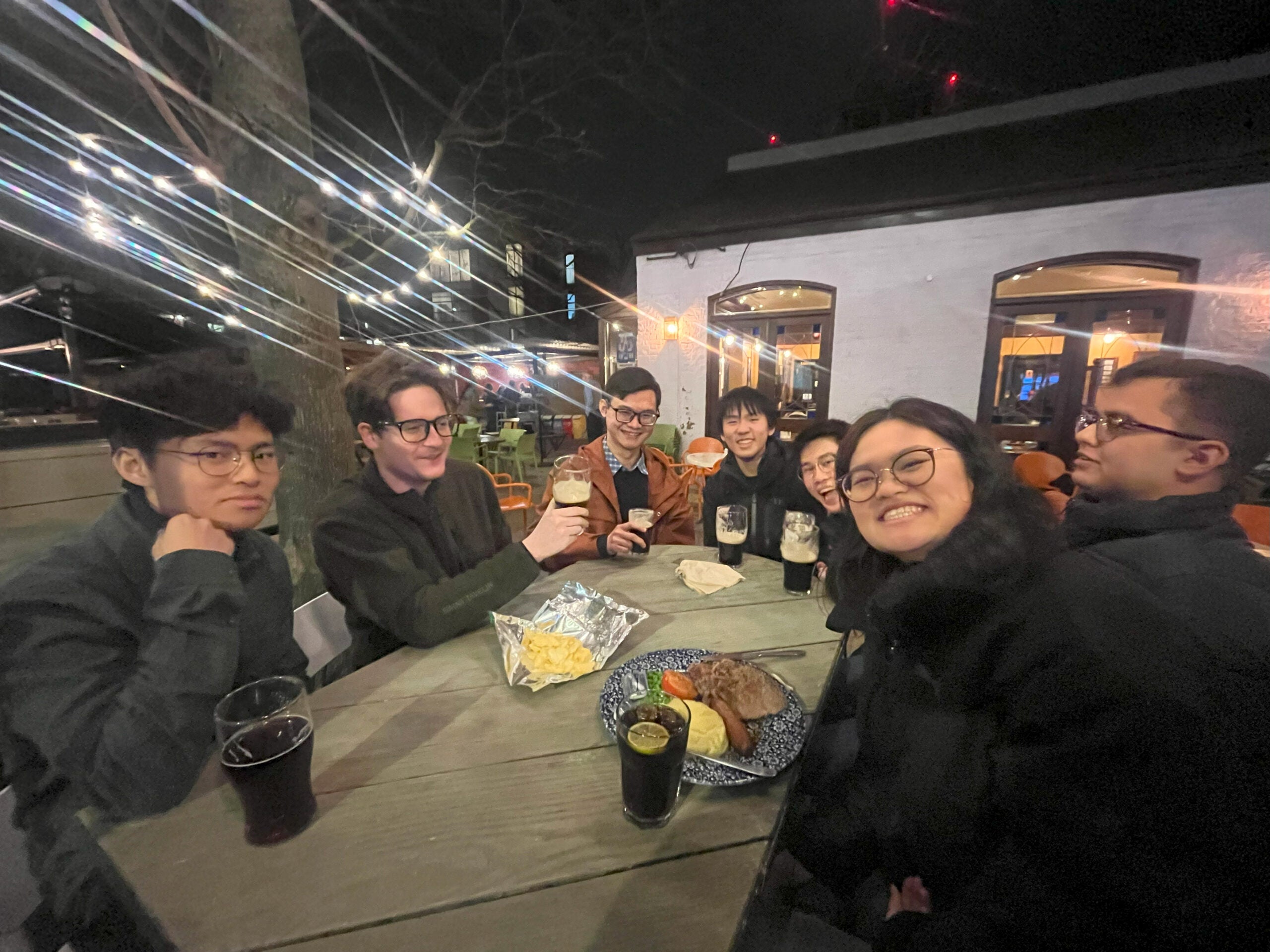
I am fortunate to have met great teammates for a biology project. After the exams ended, we went to a local pub for drinks. Immersing myself in the space, I found myself contemplating the roles of pubs as a venue for social gatherings in the United Kingdom (despite not personally enjoying alcoholic drinks). Pubs offer a physical, accessible and multipurpose space for bouncing ideas off each other, without the closed-off ambience and constraints that most single-purpose-built venues often carry.
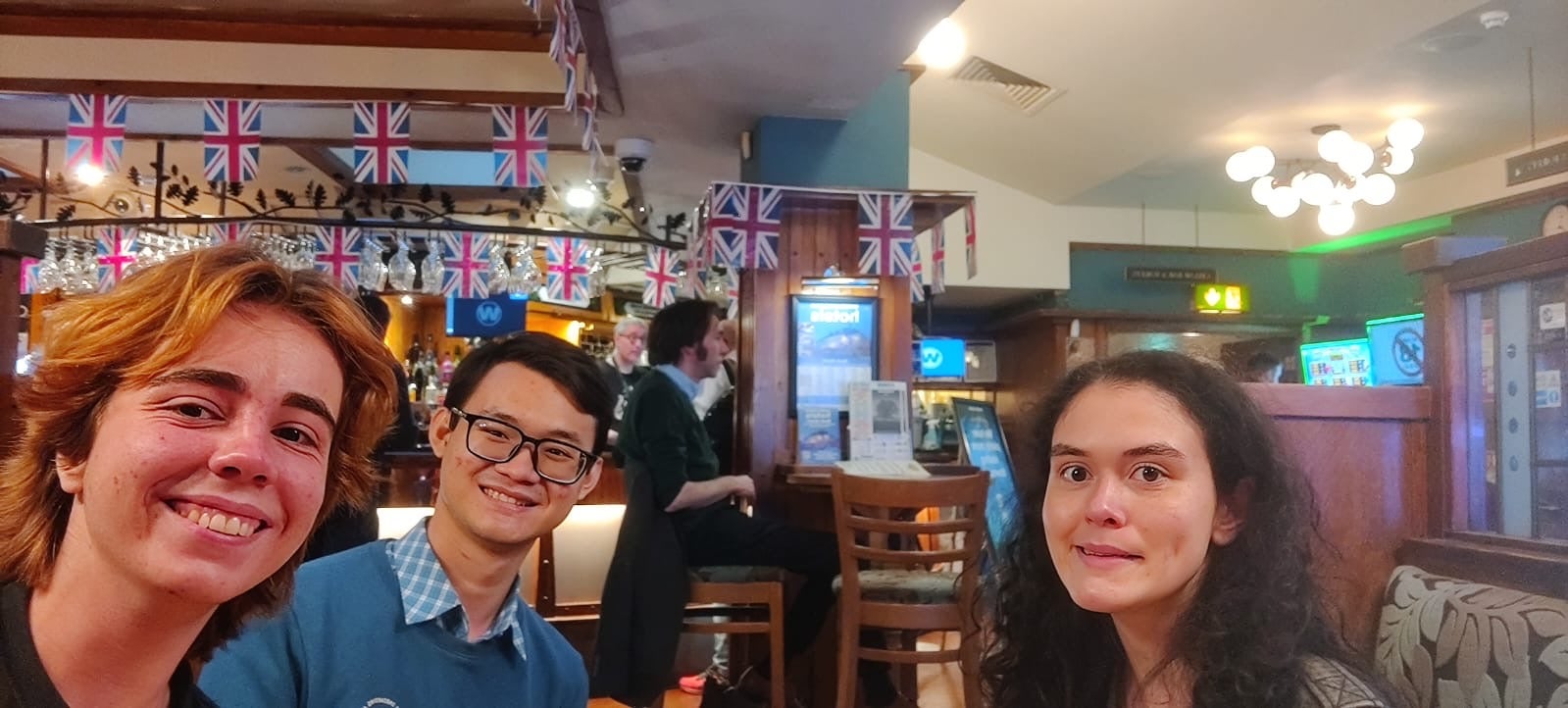
At these pubs, it is not rare to encounter discussions of sciences, politics, personal life and the list goes on. I had lots of fun discussing recent areas of scientific studies with my groupmates, from research on ageing targeting senescent cells to abuse of supplements that are branded to boost hormonal production in young people. The conviviality of the space (compared to a conventional classroom setting) encouraged us to open up and willingly share our opinions. Witnessing an academic discussion naturally arising in an informal setting was truly delightful (or was it the effect of alcohol? 😊)

I spent my free time walking the streets, watching plays, seeing people stroll by at the city gardens and visiting nearby towns. It was very interesting to learn of the struggle to make a name for oneself for people who emigrated to London in hope of a better life. From my perspective, London is a maze and its dwellers are mere travellers. Some shiver in the cold, invisible to the gaze of the gods above. Some are finding a place to rest, after having experienced many ups and downs. And some wish to break through.
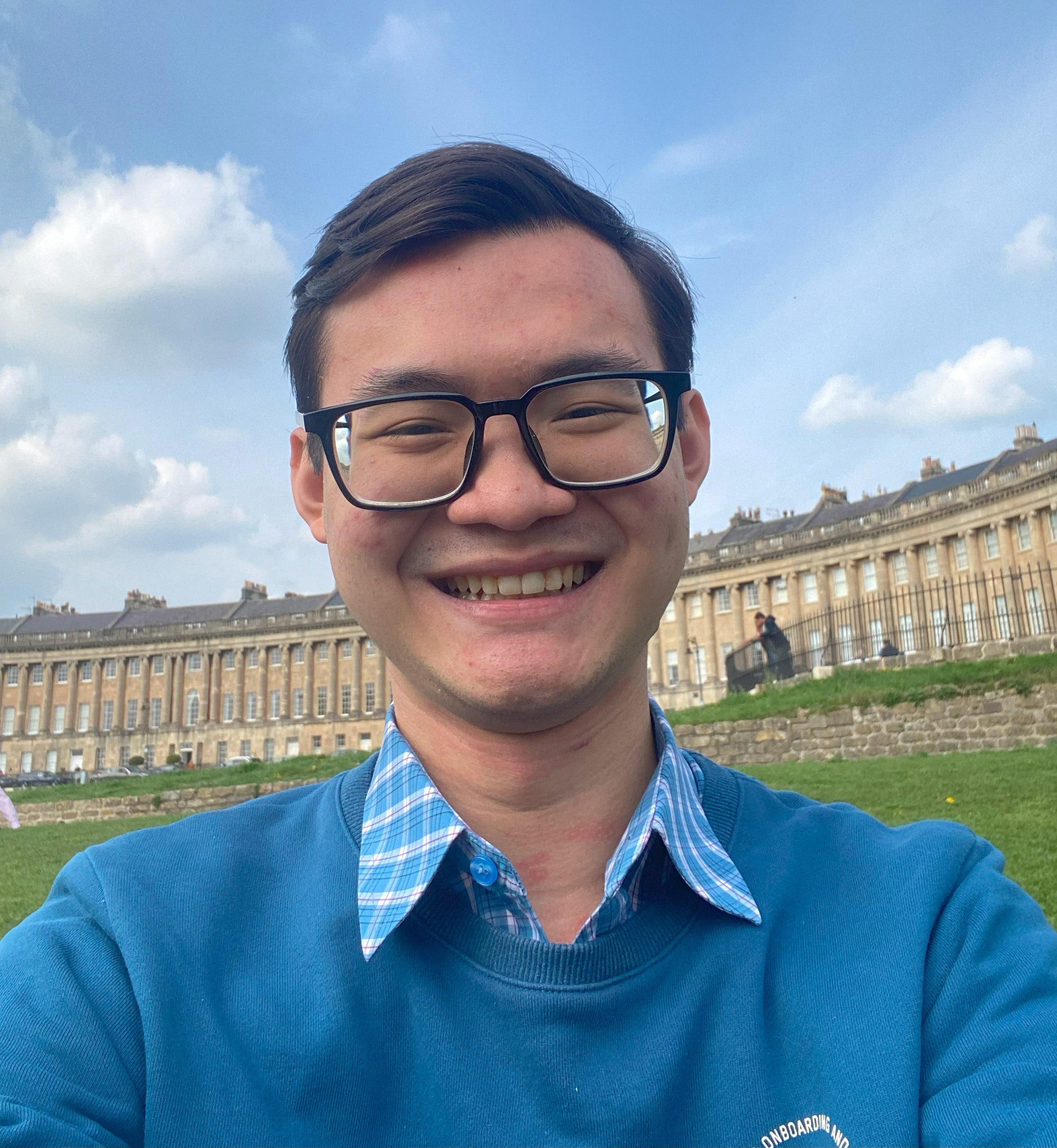
On my trip to Oxfordshire and Cambridgeshire, I marvelled at the development of Oxford and Cambridge universities from being institutions for mass education of the public into institutions in pursuit of excellence. Most of the colleges at Oxford and Cambridge welcomed students who were willing to dedicate their lives to academia, regardless of background. These colleges provided students with full tuition and a stipend for living expenses, which are funded by the endowment of the nobility.
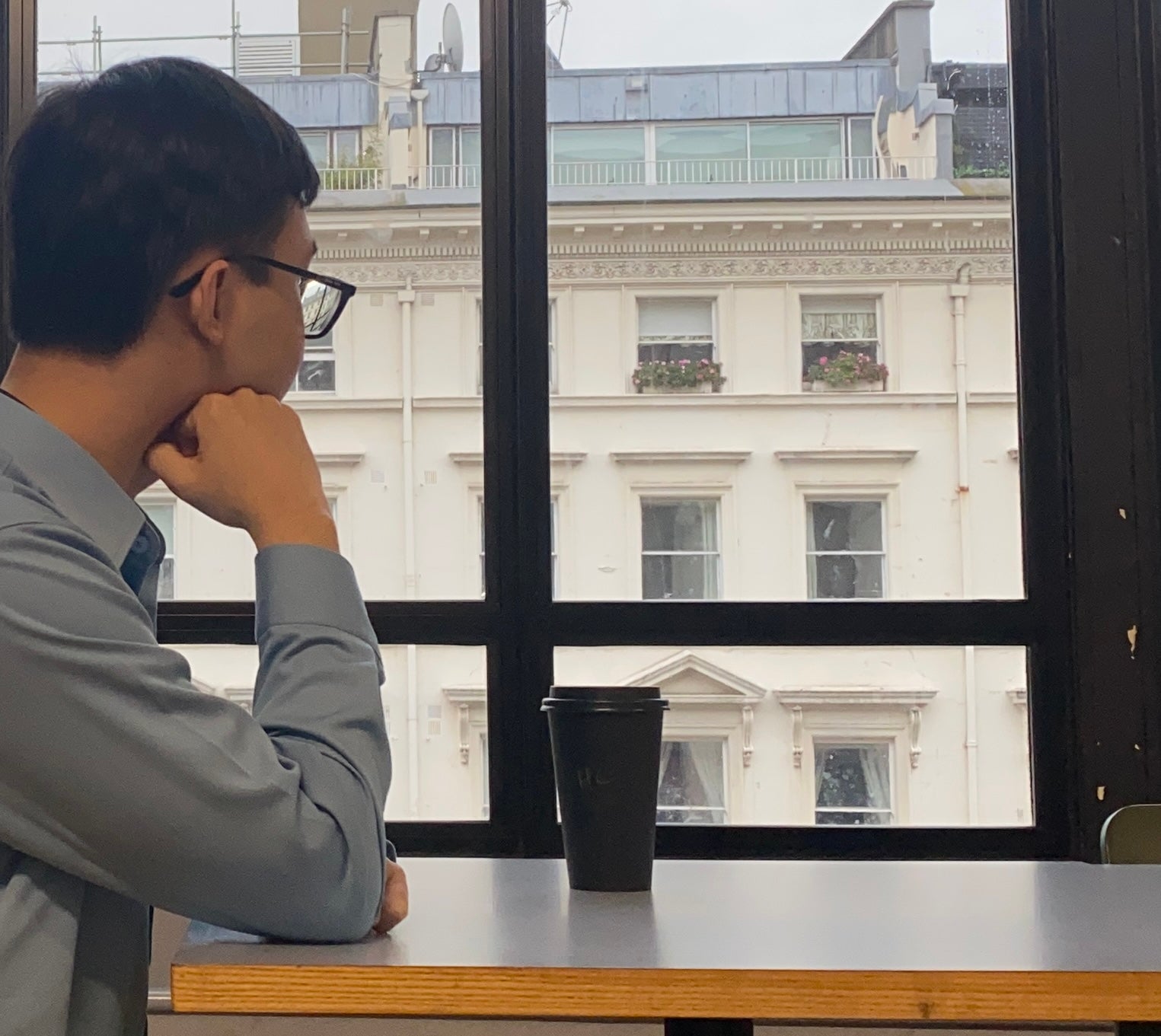
Nowadays, gaining entry to and pursuing an undergraduate degree at OxBridge is prohibitive for such students. At the end of the day, I found myself pondering over the relationship between the democratisation of education and the pursuit of excellence. Reflecting on my journey at NUS and NUSC, I am deeply grateful for all the opportunities and support that I have received.
Contributed by Daniel Le Mai Tan Dat, Major in Life Sciences and Minor in Mathematics

